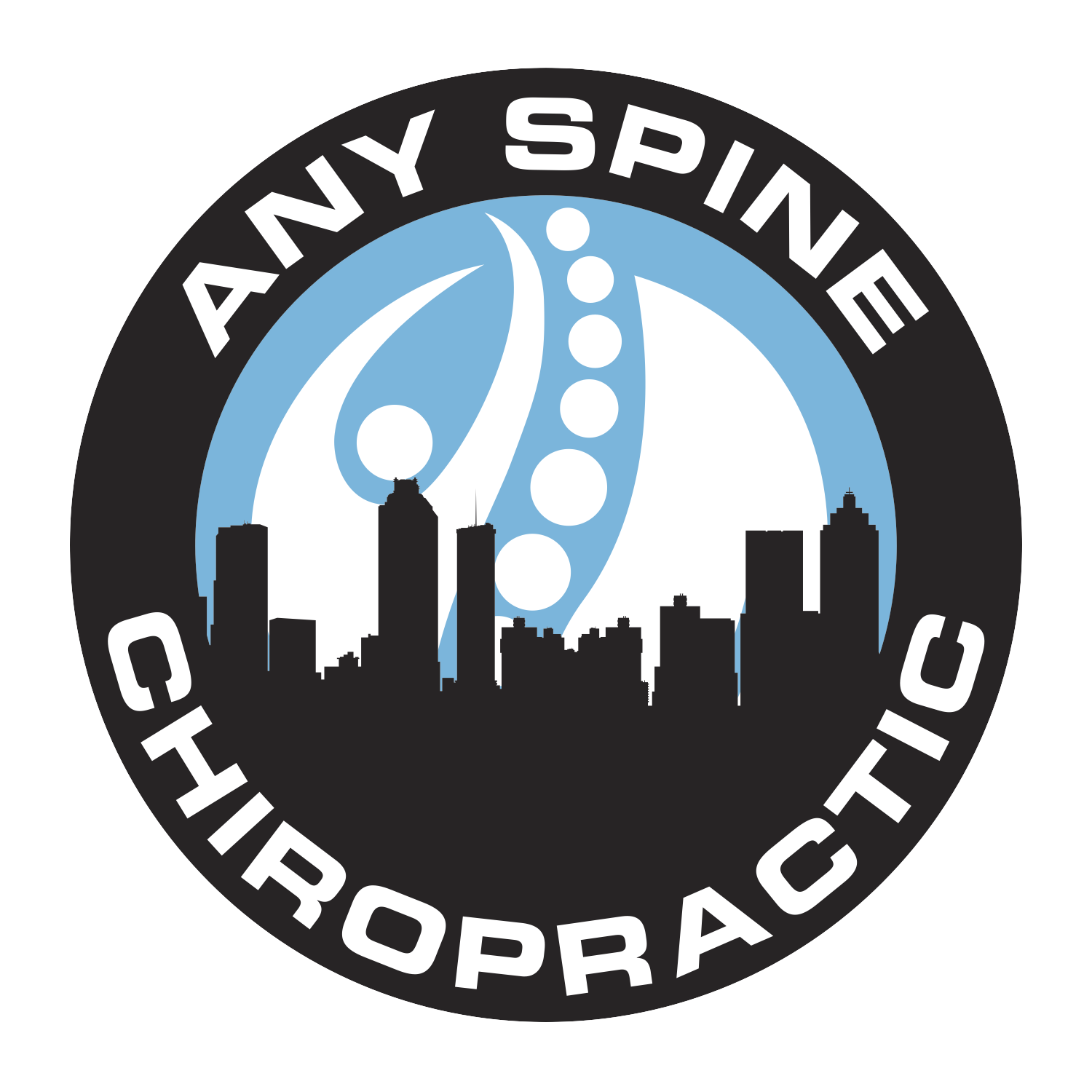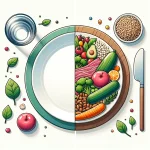Heart Matters: Essential Insights into Your Cardiovascular Health
Heart Matters: How Your Heart and Blood Vessels Keep You Alive
The heart, an engineering marvel, along with the blood vessels, makes up the cardiovascular system, which plays a pivotal role in keeping us alive and thriving. Understanding the functions and needs of this system can significantly enhance your health and well-being. This article explores key aspects such as blood pressure, the unparalleled benefits of exercise, and how your diet directly affects cardiovascular health.
Understanding Blood Pressure: What Do Those Numbers Mean?
Blood pressure is a vital sign of your overall cardiovascular health. It measures the force of blood pushing against the walls of your arteries as your heart pumps. Blood pressure readings, given as two numbers, include systolic pressure (the higher number) and diastolic pressure (the lower number).
- Systolic Pressure (e.g., 120): This number measures the pressure in the arteries when the heart beats.
- Diastolic Pressure (e.g., 80): This measures the pressure in the arteries when the heart rests between beats.
A normal blood pressure reading is around 120/80 mmHg. High blood pressure, or hypertension, is often labeled as the “silent killer” because it typically has no symptoms but can lead to serious health issues, including heart disease, stroke, and kidney failure.
Why Exercise Is the Best Gift for Your Heart
Regular physical activity is one of the most effective tools for maintaining and improving heart health. Exercise helps lower blood pressure, strengthen the heart muscle, and improve blood flow. It also aids in maintaining a healthy weight and reducing stress, both of which are crucial for cardiovascular health. Activities like brisk walking, cycling, swimming, or jogging can significantly enhance heart function over time.
Here’s how exercise benefits the heart:
- Improves cardiac output: It increases the heart’s efficiency in pumping blood.
- Enhances blood flow: Exercise helps dilate the blood vessels, improving blood flow and decreasing the heart’s workload.
- Reduces LDL and increases HDL: Physical activity helps lower “bad” cholesterol (LDL) and raise “good” cholesterol (HDL), preventing fatty buildups in the arteries.
Food That Fuels or Fails Your Heart
What you eat has a direct impact on your cardiovascular health. Foods high in saturated fats, trans fats, and cholesterol can raise blood cholesterol levels, contributing to the build-up of plaques in the arteries, which can increase the risk of a heart attack or stroke. On the other hand, a diet rich in fruits, vegetables, lean proteins, and whole grains can help protect your heart by reducing inflammation and providing necessary nutrients.
Foods to Favor:
- Fruits and Vegetables: Rich in vitamins, minerals, and antioxidants that help fight inflammation.
- Whole Grains: Such as oatmeal, brown rice, and whole wheat that help regulate blood pressure and heart health.
- Lean Proteins: Including fish, poultry, and legumes that support muscle health without excessive fats.
Foods to Avoid:
- Red Meats and High-Fat Dairy Products: These contain high levels of saturated fats.
- Trans Fats: Found in many fast foods and processed foods, these raise bad cholesterol levels and lower good cholesterol levels.
- High Sodium Foods: Excessive salt intake can lead to high blood pressure.
Your heart is central to your health, and taking care of it is not just a choice but a necessity. Understanding how blood pressure works, engaging in regular physical activity, and eating right are pivotal in maintaining a healthy cardiovascular system. By embracing these heart-healthy habits, you can significantly improve your quality of life and longevity.





